
Image courtesy of Elvert Barnes on Flickr
NYC sets first-ever minimum wage for delivery workers
Details here

Image courtesy of Elvert Barnes on Flickr
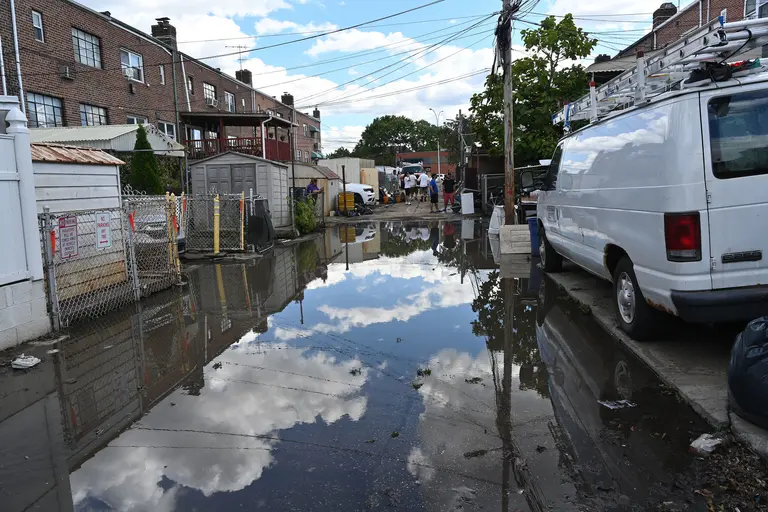
September 3, 2021: Gov. Kathy Hochul toured several homes in East Elmhurst, Queens that flooded from torrential rains brought on by Hurricane Ida. Photo by Kevin P. Coughlin / Office of the Governor on Flickr
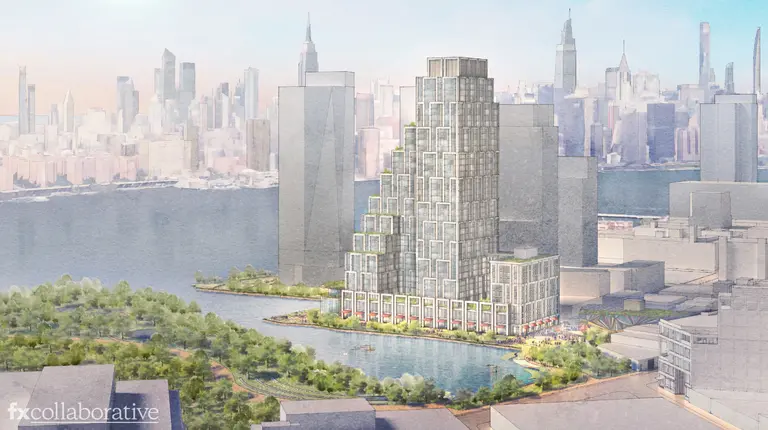
Rendering of 40 Quay Street; Image: FXCollaborative courtesy of MTA.
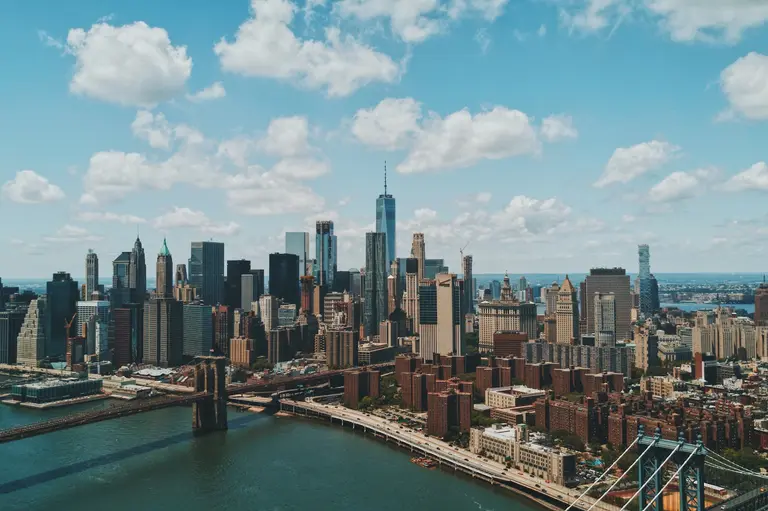
Photo by Patrick Tomasso on Unsplash
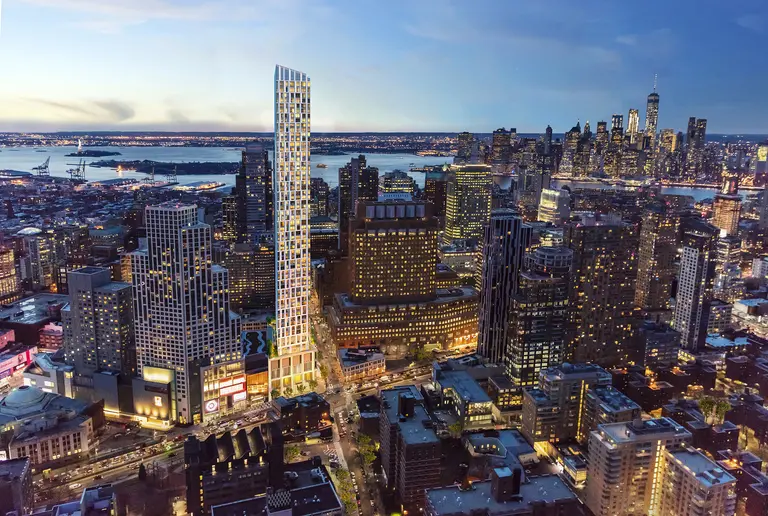
Brooklyn Point in Downtown Brooklyn offers 421-a benefits through 2045; Rendering by Williams New York
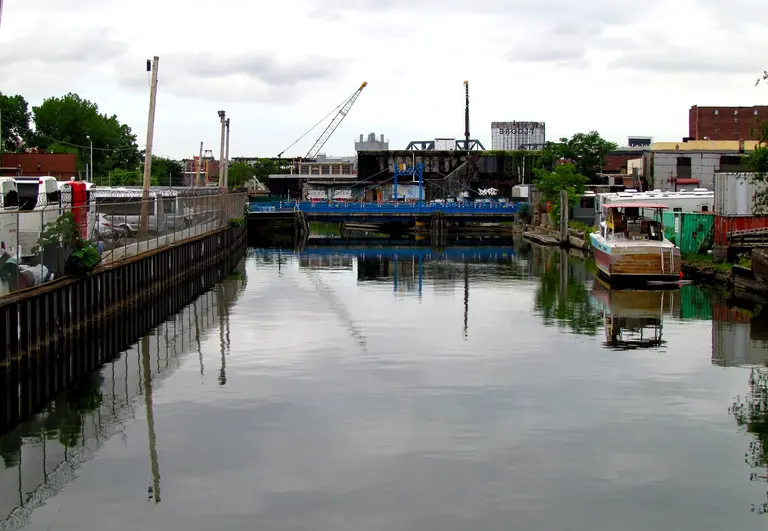
Photo by bobistraveling on Flickr